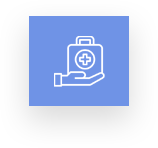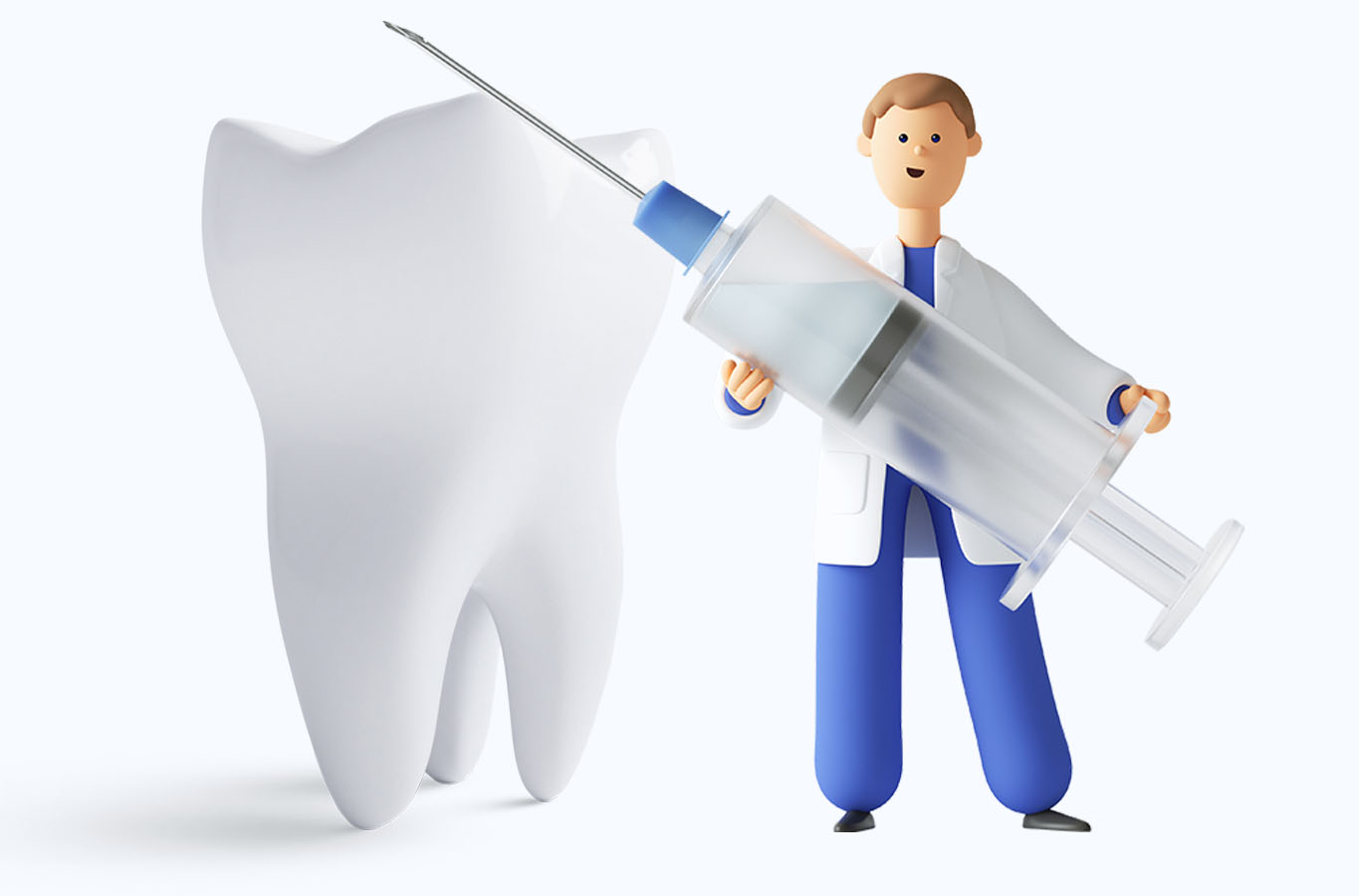
Symptoms of common human coronaviruses - NL63
Common human coronaviruses, including types 229E, NL63, OC43, and HKU1, usually cause mild to moderate upper-respiratory tract illnesses, like the common cold. Most people get infected with one or more of these viruses at some point in their lives. This information applies to common human coronaviruses and should not be confused with Coronavirus Disease-2019 (formerly referred to as 2019 Novel Coronavirus). Human coronaviruses can sometimes cause lower respiratory tract illnesses, such as pneumonia or bronchitis. This is more common in people with cardiopulmonary disease, people with weakened immune systems, infants, and older adults.
- Runny nose
- Headache
- Cough
- Sore throat
- Fever
- General feeling of being unwell
Sometimes, respiratory secretions are tested to figure out which specific germ is causing your symptoms. • If you are found to be infected with a common coronavirus (229E, NL63, OC43, and HKU1), that does not mean you are infected with the 2019 novel coronavirus. • There are different tests to determine if you are infected with 2019 novel coronavirus. Your healthcare provider can determine if you should be tested
Transmission of common human coronaviruses
In the United States, people usually get infected with common human coronaviruses in the fall and winter, but you can get infected at any time of the year. Young children are most likely to get infected, but people can have multiple infections in their lifetime. Common human coronaviruses usually spread from an infected person to others through • the air by coughing and sneezing • close personal contact, like touching or shaking hands • touching an object or surface with the virus on it, then touching your mouth, nose, or eyes before washing your hands
Preventing viral respiratory infections
Protect yourself from getting sick • wash your hands often with soap and water for at least 20 seconds • avoid touching your eyes, nose, or mouth with unwashed hands • avoid close contact with people who are sick Protect others when you are sick • stay home while you are sick • avoid close contact with others • cover your mouth and nose when coughing or sneezing • clean and disinfect objects and surfaces
Treatment for common human coronaviruses
There is no vaccine to protect you against human coronaviruses and there are no specific treatments for illnesses caused by human coronaviruses. Most people with common human coronavirus illness will recover on their own. However, to relieve your symptoms you can: • take pain and fever medications (Caution: do not give aspirin to children) • use a room humidifier or take a hot shower to help ease a sore throat and cough • drink plenty of liquids • stay home and rest If you are concerned about your symptoms, contact your healthcare provider







